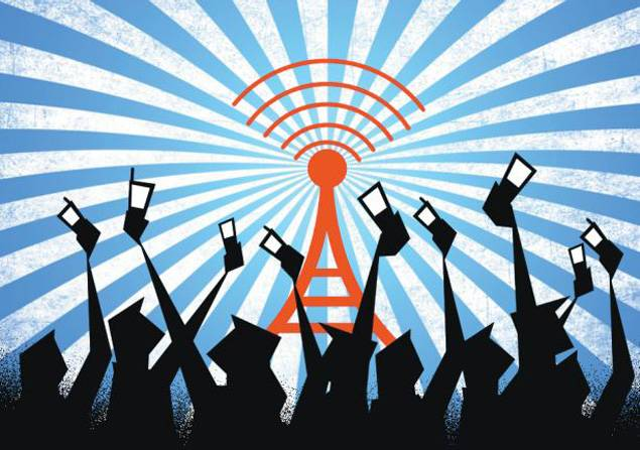How Internet Connectivity Improves People’s Lives in Developing Countries
Internet connectivity can help to improve access to information, opportunities, and services, and can contribute to the overall well-being and development of communities in developing countries, including:
- Education: Internet connectivity can provide access to a wealth of educational resources, including online courses, educational videos, and other materials. This can help to improve the quality of education and expand opportunities for learning, especially for people in remote or underserved areas.
- Employment: Internet connectivity can help people in developing countries to find and apply for jobs, as well as connect with potential employers and clients. It can also enable people to start and run their own businesses, providing a source of income and economic opportunities.
- Health: Internet connectivity can provide access to health information and resources, including telemedicine services, which can improve access to healthcare and lead to better health outcomes.
- Communication: Internet connectivity can help people to stay connected with friends and family, and to access news and information from around the world. It can also facilitate the exchange of ideas and facilitate collaboration with others.
- Political participation: Internet connectivity can provide a platform for people to engage in political discourse and participate in the democratic process, helping to promote transparency and accountability in governance.
Apply Now: $20,000 Grant Funding for African Digital Rights
Digital technologies are playing a role in enhancing Covid-19 disease surveillance, coordinating response mechanisms, and promoting public awareness. However, COVID-19...
What Are User Perceptions of Internet Trust and Privacy in India and Ghana?
It’s been a hard couple of years for the internet. Between election interference via social media platforms, disinformation going viral and facilitating genocides,...
Apply Now: $150,000 Grants for Community Internet Services Solutions
There is still digital divide around the world, regardless of how many people have access to mobile phones, 3G wireless coverage, or community telecenters. As the...
Meaningful Connectivity: A New Standard for Internet Access
The Covid-19 pandemic has galvanised the case for universal internet access like never before, generating widespread agreement that the internet is too important...
Is Meaningful Universal Connectivity a Solution to Slowing Broadband Adoption?
2019 marks several important milestones for the Internet and its usage around the world:
50 years since the very first internet data transmission
30 years since...
Did You Notice that Chad is Offline for a Year? It’s Not Alone
I believe we all can agree that a government should not close off Internet access for its citizenry. To an extent, an open Internet should be a human right, and...
Apply Now: $500,000 in Cash Grants for Your Internet Projects in Africa, Asia, Americas
There are five Regional Internet Registries that manage allocation and registration of Internet number resources within their respective regions of the world. The...
What To Do About Uganda’s Social Media and Mobile Money Taxes?
In July 2018, the Ugandan government instituted a 200 shilling, or about $0.05 per day excise duty on Over-the-Top (OTT) social media and instant messaging services...
Finally! Accurate Mobile Network Coverage Maps Show Connectivity Reality
Closing the global digital divide is such a daunting challenge, some companies have resorted to expensive, eyebrow-raising, flying moonshot solutions. Despite...
Apply Now: £900,000 for Rural Connectivity Projects in Ghana and Uganda
Mobile internet connectivity brings a wide range of social and economic benefits by helping to promote digital inclusion and supporting the delivery of essential...












